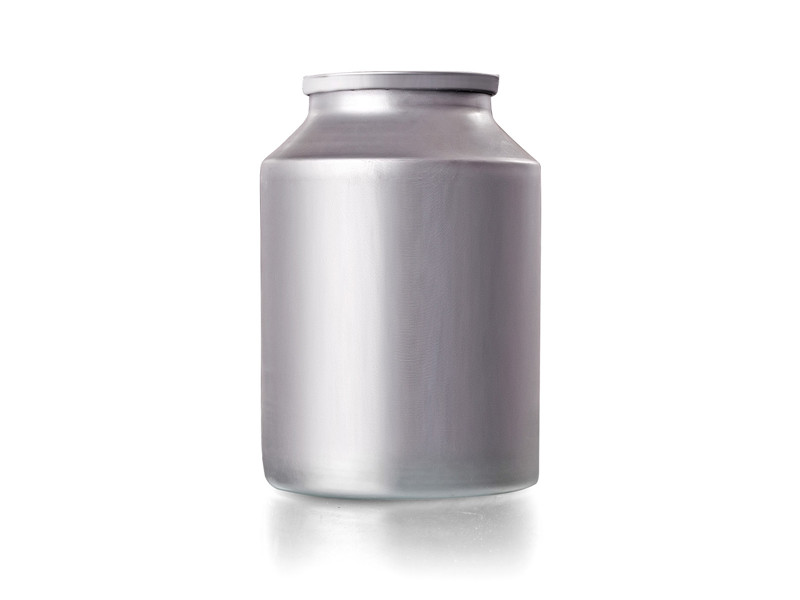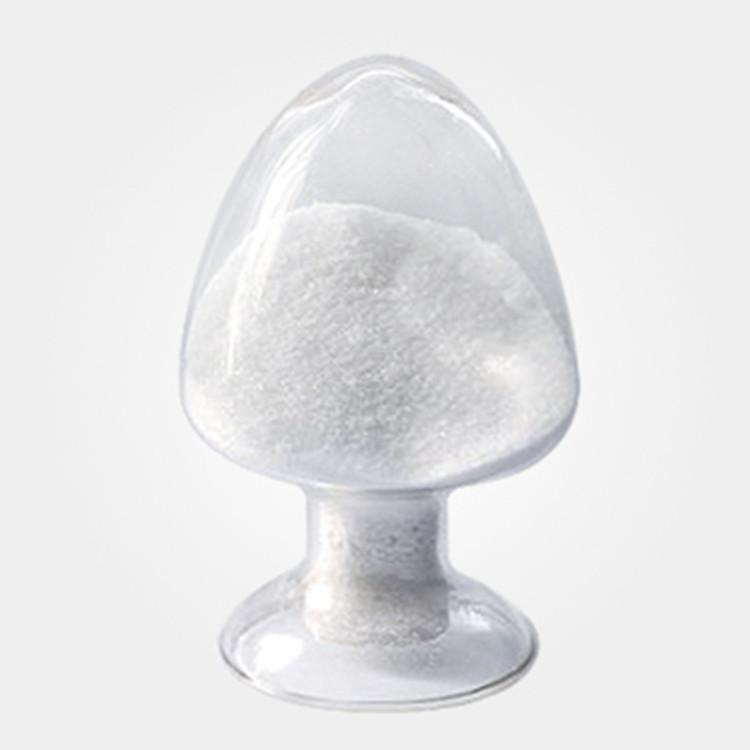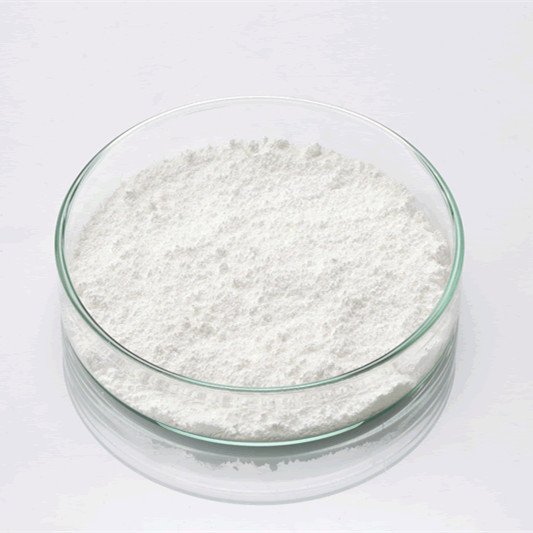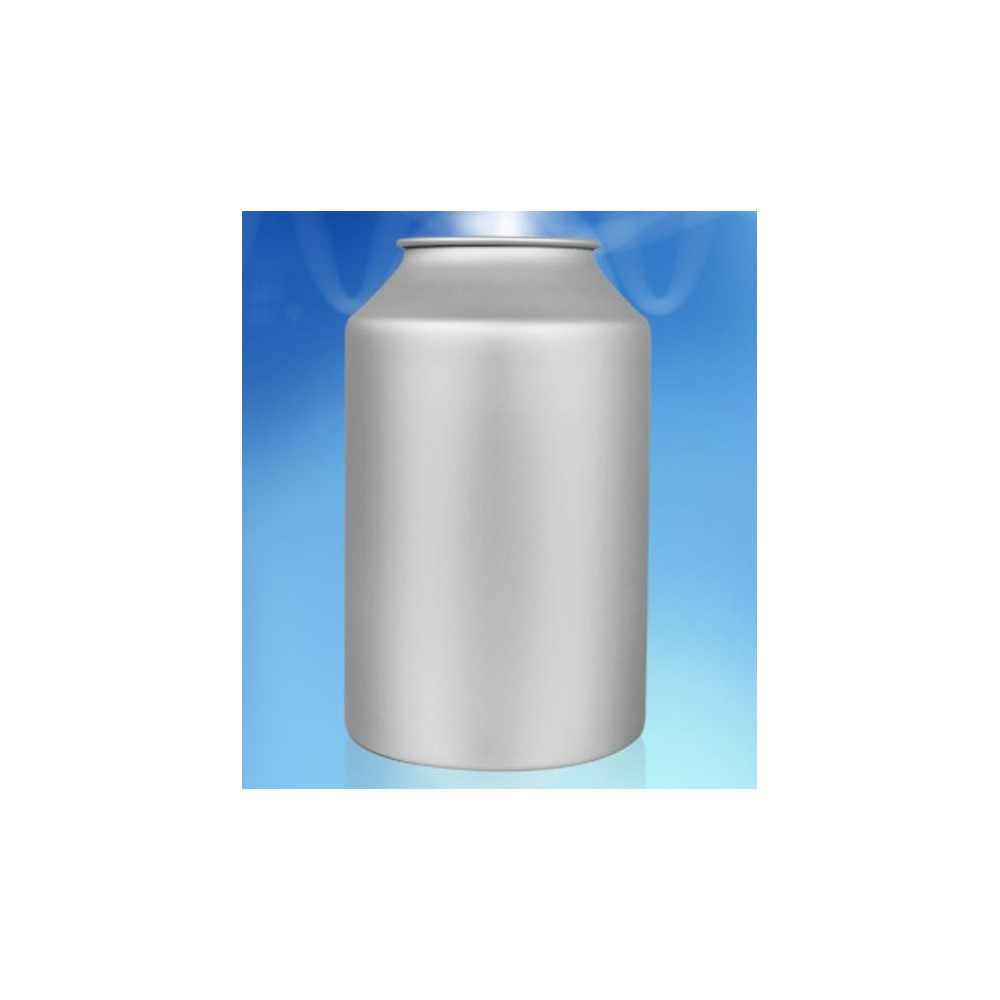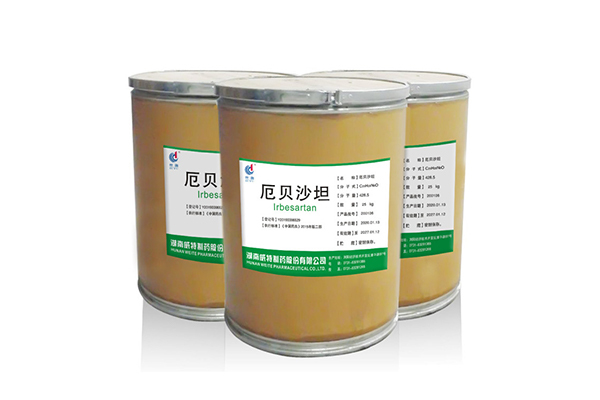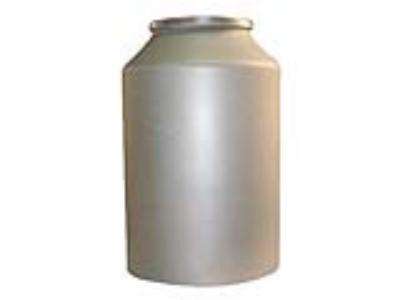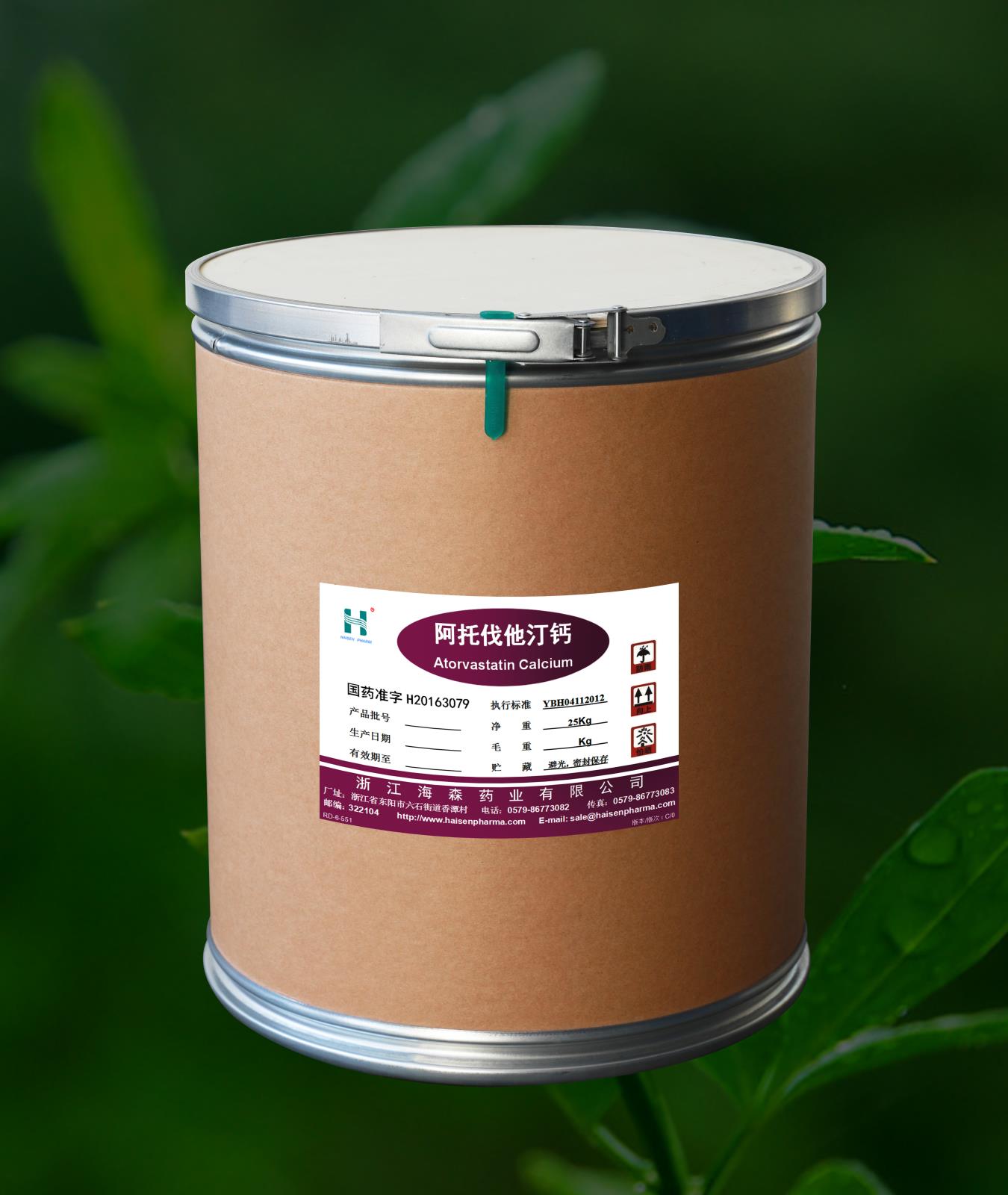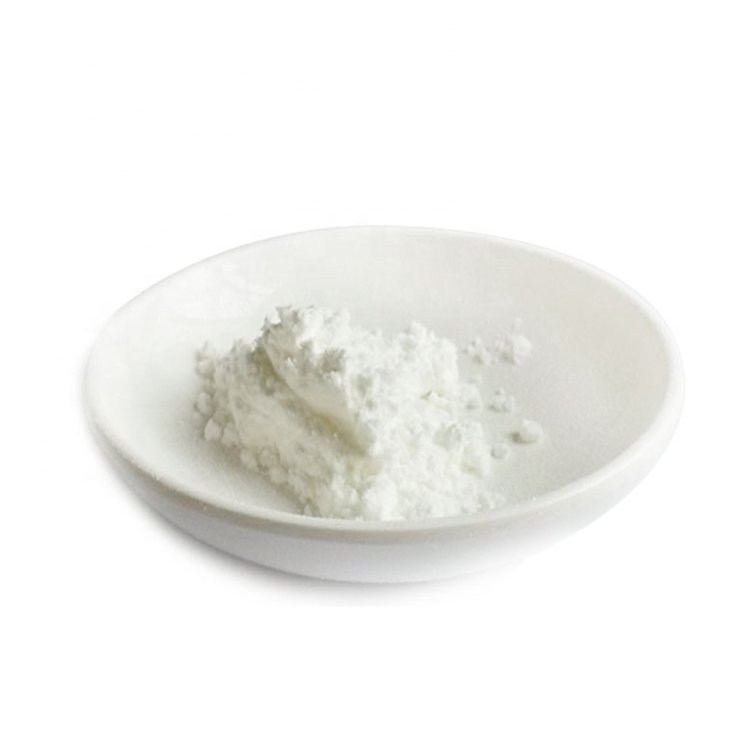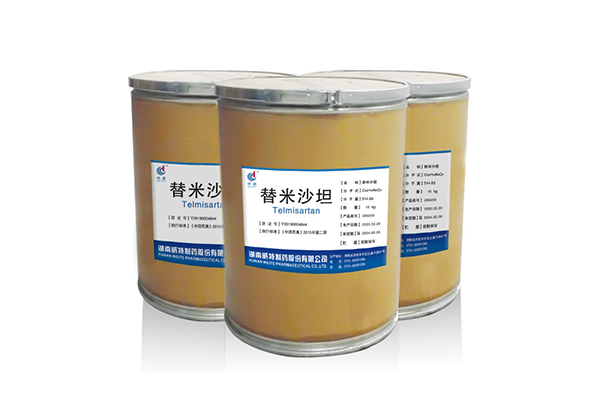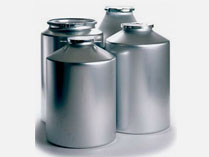API & Intermediate
Pharmaceutical Raw Materials
Veterinary API
Antiallergic Drugs
Hormones and Endocrine Drugs
Drug Metabolism
Pharmaceutical Intermediates
Synthetic Anti Infective Drugs
Specialty Drugs
Vitamins and Minerals Medicines
Feed Drug Additive
Antineoplastic Agents
Nervous System Drugs
Respiratory Drugs
Diagnostic Agents
Anti Stress Drugs
Antipyretic Analgesics
Antiparasitic Drugs
Circulatory System Drugs
Biochemicals
Blood System Drugs
Immune System Medication
Pharmaceutical Excipients
Fluid, Electrolyte, and Acid-Base Balance
Urinary System Drugs
Antibiotics
Anesthetic Agents
Inhibitors
Other Chemical Drugs
Digestive System Drugs
Find
103
related chemicals for you
CAS:303-98-0
Molecular Formula:C59H90O4
Alias
More Information
Coenzyme Q10 Synthetic; Water-Soluble Coenzymen Q10; Hydrosoluble Coenzymen Q10; Qh 10; 2-((2E,6E,10E,14E,18E,22E,26E,30E,34E)-3,7,11,15,19,23,27,31,35,39-Decamethyltetraconta-2,6,10,14,18,22,26,30,34,38-Decaen-1-Yl)-5,6-Dimethoxy-3-Methylcyclohexa-2,5-Diene-1,4-Dione; CO-Enzyme q10
Brief Introduction
This product can be widely used in food, cosmetics, dietary supplements and other industries. Coenzyme drugs are also important antioxidants and immune enhancers.
Suppliers
View More Vendors (6) >
CAS:137862-53-4
Molecular Formula:C24H29N5O3
Alias
More Information
Tareg; Diovan; Valsartane; N-Valeryl-N-[2'-(1H-Tetrazol-5-Yl)Biphenyl-4-Ylmethyl]-L-Valine; (S)-2-(N-((2'-(1H-Tetrazol-5-Yl)-[1,1'-Biphenyl]-4-Yl)Methyl)Pentanamido)-3-Methylbutanoic Acid; L-Valsartan; L-Valine, N-(1-Oxopentyl)-N-[[2'-(2H-Tetrazol-5-Yl)[1,1'-Biphenyl]-4-Yl]Methyl]-; Ambroxol Hydrochloride Imp.D; Valsartan Imp C; N-(1-Oxopentyl)-N-[[2'-(1H-Tetrazol-5-Yl)[1,1'-Biphenyl]-4-Yl]Methyl]-L-Valine; Kalpress; Miten; Nisis; Vals
Brief Introduction
Valsartan is a specific angiotensin Ⅱ (AT1) receptor antagonist. It is also a non skin AT1 receptor antagonist after losartan. It plays a key role in regulating systemic blood pressure and maintaining electrolyte and body fluid balance. It selectively acts on AT1 receptor subtypes and blocks the binding of Ang Ⅱ to AT1 receptor (its specific antagonistic effect against AT1 receptor is about 20000 times greater than that of AT2 receptor), thus inhibiting vasoconstriction and aldosterone release, resulting in hypotensive effect, but not inhibiting aldosterone release induced by potassium ion (K +). The antihypertensive effect is superior to enalapril in the treatment of hypertension, mild to moderate essential hypertension, especially for secondary hypertension caused by kidney damage. It can significantly reduce proteinuria in hypertensive patients with normal diabetes or normal renal function, and has the protective effect of promoting uric acid and urinary sodium excretion. It is also suitable for reducing the cardiovascular mortality of high-risk patients (left ventricular failure or left ventricular dysfunction) after heart attack.
Suppliers
View More Vendors (5) >
CAS:138402-11-6
Molecular Formula:C25H28N6O
Alias
More Information
3-Butyl-2-[[4-[2-(2H-Tetrazol-5-Yl)Phenyl]Phenyl]Methyl]-2,4-Diazaspiro[4.4]Non-3-En-1-One; 2-Butyl-3-[[2'-(2H-Tetrazol-5-Yl)[1,1'-Biphenyl]-4-Yl]Methyl]-1,3-Diazaspiro[4.4]Non-1-En-4-One
Brief Introduction
Irbesartan is an angiotensin II receptor inhibitor, which can be divided into AT1 and AT2. Irbesartan can inhibit the transformation of Ang Ⅰ into ang Ⅱ by selectively blocking the AT1 receptor of ANGLI, and specifically antagonize the angiotensin converting enzyme 1 receptor. The antagonism of irbesartan to AT1 is 8500 times that of AT2, It can inhibit the vasoconstriction and the release of aldosterone. This product does not inhibit angiotensin converting enzyme, renin, other hormone receptors, and ion channels related to blood pressure regulation and sodium balance. Irbesartan is the most effective drug in the treatment of hypertension and cardiovascular disease.
Suppliers
View More Vendors (5) >
CAS:134523-03-8
Molecular Formula:C66H68CaF2N4O10
Alias
More Information
Atorvastatin Ca; Atorvastatin Calcium Salt Anhydride; Calcium (3R,5R)-7-(2-(4-Fluorophenyl)-5-Isopropyl-3-Phenyl-4-(Phenylcarbamoyl)-1H-Pyrrol-1-Yl)-3,5-Dihydroxyheptanoate; Lipitor; Atorvastatin Calcium Salt; [R-(R*, R*)]-7-[2-(4-Fluorophenyl)-5-(1-Methylethyl)-3-Phenyl-4-(Phenylaminocarbonyl)-1H-Pyrrol-1-Yl]-3,5-Dihydroxy-Heptanoic Acid Calcium Salt; (3R,5R)-7-(2-(4-Fluorophenyl)-5-Isopropyl-3-Phenyl-4-(Phenylcarbamoyl)-1H-Pyrrol-1-Yl)-3,5-Dihydroxyheptanoic Acid Calcium; (3R,5R)-7-(2-(4-Fluorophenyl)-5-Isopropyl-3-; (R,Dr)-2-(4-Fluorophenyl)-,D-Dihydroxy-5-(1-Methylethyl)-3-Phenyl-4-[(Phenylamino)Carbonyl]-1H-Pyrrole-1-Heptanoic Acid Calcium; Atorvastatin Calcium Manufacturers
Brief Introduction
Atorvastatin calcium is a HMG CoA reductase inhibitor. Mainly through inhibiting the synthesis of HMGCoA reductase, thus inhibiting the synthesis of cholesterol in vivo, reducing the content of serum low density lipoprotein cholesterol and triglyceride. Atorvastatin calcium can inhibit the synthesis of cholesterol, interfere with the production of lipoprotein, reduce the level of serum total cholesterol, effectively reduce the level of serum triglyceride, but also increase the level of serum high-density lipoprotein cholesterol. It can reduce the plasma LDL-C level in some homozygous familial hypercholesterolemia patients, but this type of population has little response to other lipid-lowering drugs. It is clinically used for primary hypercholesterolemia, mixed hyperlipidemia, hypertriglyceridemia, homozygous familial hypercholesterolemia and prevention and treatment of atherosclerosis.
Suppliers
View More Vendors (4) >
CAS:144701-48-4
Molecular Formula:C33H30N4O2
Alias
More Information
4'-[{1,4'-Dimethyl-2'-Propyl[2,6'-Bi-1H-Benzimiaszol]-1'Yl}-Methyl}-1,1'-Biphenyl-2-Caroxylic Acid Dimethyl Ethyl Ester; 4'-[{1,4'-Dimethyl-2'-Propyl[2,6'-Bi-1H-Benzimiaszol]-1'Yl}-Methyl}-1,1'-Biphenyl-2-Caroxylic Acid; 4''-(1,7''-Dimethyl-2''-Propyl-1H-[2,5'']Bibenzoimidazolyl-3''-Ylmethyl)-Biphenyl-2-Carboxylic Acid; 4-Chloromethyl-5-Methyl-1,3-Dioxol-2-Tone; 4'-(1,7'-Dimethyl-2'-Propyl-1H-; Bibr 277, 4μ[(1,4μ-Dimethyl-2μ-Propyl[2,6μ-Bi-1H-Benzimidazol]-1μ-Yl)Methyl][1,1μ-Biphenyl]-2-Carboxylic Acid; 4'-[[4-Methyl-6-(1-Methyl-2-Benzimidazolyl)-2-Propyl-1-Benzimidazolyl]Methyl]-2-Biphenylcarboxylic Acid; Telmisartan,4′[(1,4′-Dimethyl-2′-Propyl[2,6′-Bi-1H-Benzimidazol]-1′-Yl)Methyl][1,1′-Biphenyl]-2-Carboxylic Acid, Bibr 277
Brief Introduction
Telmisartan is a new type of antihypertensive drug, which is a specific angiotensin II receptor antagonist for the treatment of essential hypertension. The substitution of angiotensin Ⅱ receptor for at Ⅰ receptor subtype has high affinity binding. Telmisartan has no agonist effect at the at I receptor site, but selectively binds to at I receptor, which is persistent. It has no affinity for other receptors. The function of other receptors mentioned above is unknown, and the possible receptor hyperstimulation effect caused by telmisartan is also unknown. Telmisartan did not inhibit plasma renin or block ion channels. It did not inhibit angiotensin converting enzyme II, which could also degrade bradykinin induced adverse reactions.
Suppliers
View More Vendors (4) >
Inquiry (
10
/ 10
)
Clear All
You can inquire for up to 10 products at a time
Sign In
Error!




